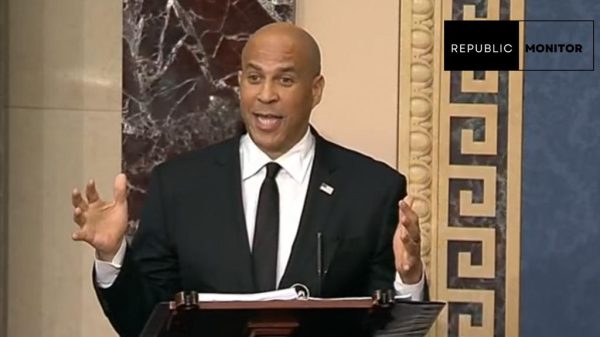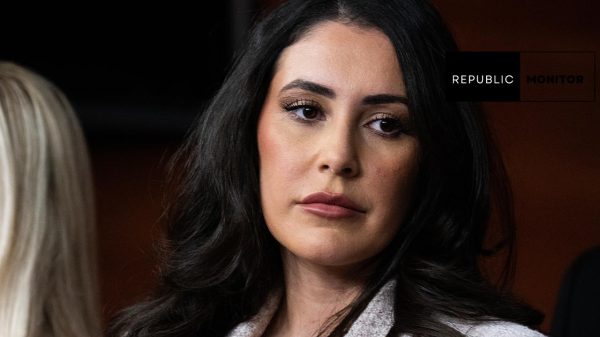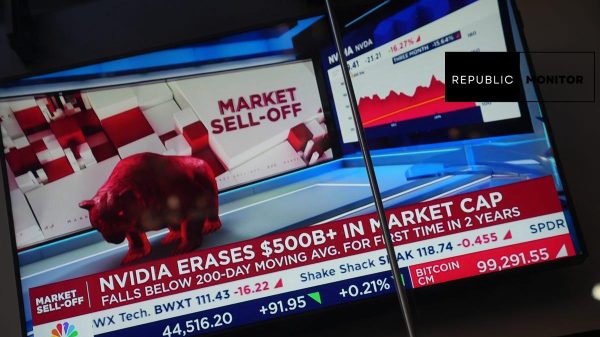This year’s Oscar nominations have stirred up excitement, especially for Demi Moore and her remarkable film ‘The Substance.’ The Academy Awards, known for their sometimes surprising choices, have included Moore’s latest work in a significant way—and it is sparking conversations about representation in Hollywood.
A Career Comeback
Demi Moore, famously known for her roles in beloved films from the 1980s and 1990s, has stepped back into the spotlight with a powerful performance in ‘The Substance.’ Once an icon for her roles in films like ‘Ghost’ and ‘St. Elmo’s Fire,’ Moore earned a Golden Globe nod for her work in ‘Ghost’ and made history with a record-breaking salary of $12.5 million for ‘Striptease.’ However, her journey has been rocky, with moments that made her question her self-worth. Returning to acting in ‘The Substance,’ Moore faced both the camera and her own past, creating a role that resonates deeply with her experiences.
What is ‘The Substance’?
‘The Substance’ is not your typical movie. Directed by Coralie Fargeat, this horror film dives deep into themes of beauty standards and societal pressures faced by women. Moore’s role in the film is a blend of resilience and critique, reflecting her own struggles with body image, which she openly discussed in her 2019 memoir. The film’s dark tones and intense storytelling have gained critical acclaim, leading to multiple nominations for the upcoming Oscars, including Best Picture and Best Director for Fargeat—an achievement that many are celebrating.
The Impact of Female Directors
Coralie Fargeat’s historic nomination as Best Director marks a significant moment for female filmmakers in an industry often dominated by men. Fargeat’s film, the only female-directed film nominated for Best Picture, highlights the ongoing trend of limited recognition for women at the Oscars. Despite the progress made in recent years, statistics show that women directors still remain largely underrepresented within the Academy. In fact, in a study by the USC Annenberg Inclusion Initiative, only 13.4% of analyzed directors were women. This nomination not only honors Fargeat’s work but also emphasizes the need for more opportunities for women in the film industry.
Oscars: A Changing Landscape?
This year’s Oscar nominations have opened the door for discussions about who gets to tell stories in Hollywood. While the academy has recognized some female filmmakers, many believe there’s still a long way to go. The 2025 awards featured as only one female director nominated against a backdrop where horror films historically haven’t received the same level of awards recognition as other genres. As conversations about representation grow, ‘The Substance’ stands as a testament to the evolving landscape of cinema.
- Moore’s career includes iconic roles from the late 20th century.
- The film critiques societal values surrounding beauty.
- ‘The Substance’ secured five nominations at this year’s Oscars.
- Coralie Fargeat advocates for female representation in horror films.
- Only eight women have ever been nominated for Best Director in Oscar history.
Reflecting on Hollywood’s Past
Despite the excitement surrounding ‘The Substance,’ there remains a bittersweet tone as many compare this moment to past failures of larger directors to break through at the Oscars. Figures like Steven Spielberg and Jordan Peele have also faced their own challenges, bringing remarkable films to the forefront but not receiving the acclaim they deserved compared to their male counterparts. Now, with ‘The Substance,’ Moore and Fargeat are paving the way for a new generation of storytellers who challenge the norm and address subject matter that is both relevant and necessary.
Looking Ahead
As fans, industry insiders, and artists celebrate Demi Moore and Coralie Fargeat’s achievements with ‘The Substance,’ many are left wondering what the future holds for films that brave to cross societal boundaries and perspectives. Can this film inspire Academy voters to embrace diversity in storytelling? Time will tell. However, one thing is certain: this moment in Oscars history will be remembered as a pivotal step towards inclusivity and a brighter future for filmmakers everywhere.
















